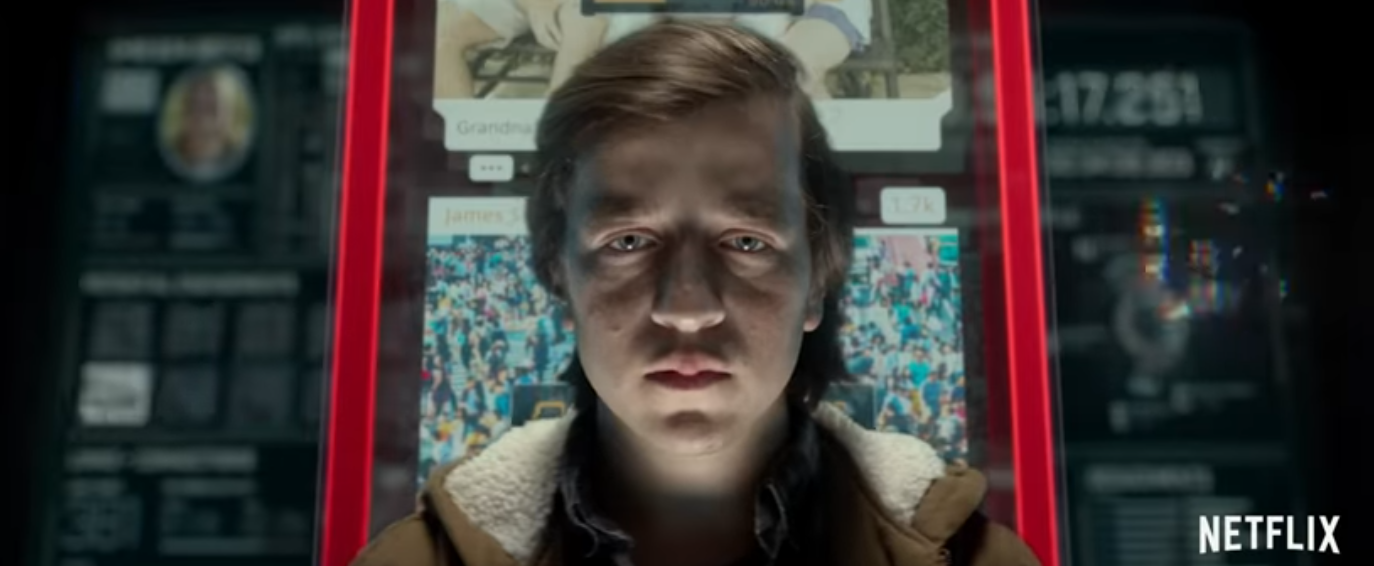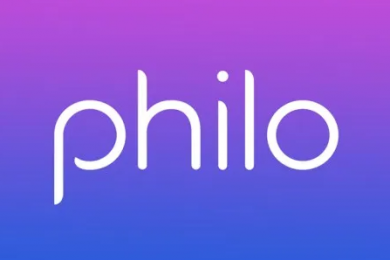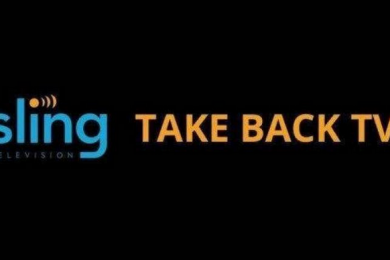When I was walking down Hollywood Boulevard in 2018, I was pulled off the street by a Scientologist.
He sat myself and my then-boyfriend in front of a TV which was playing some kind of showreel highlighting all the reasons why Scientology was the future. My boyfriend said he’d heard of Scientology before and was curious.
Instead of being flattered, or pleased to engage in discussion about it, the recruiter was immediately on edge. ‘Oh yeah? What did you hear?’ he said, looking nervously to his right as if he expected someone to burst out of the door at any moment.
Long story short, we managed to get out of the building before we were brainwashed – but I was reminded of this edgy, ‘what-did-you-hear-about-us’ mentality when I watched The Social Dilemma, the most recent hit on Netflix.
In summary, The Social Dilemma provides an overview of how the addictive nature of smartphones and social networks is having an impact on human behaviour, with the majority of the world tuned into their devices, unable to click off apps for hours and pulled into alluring videos with perfectly targeted adverts which drain us of our hard-earned money.
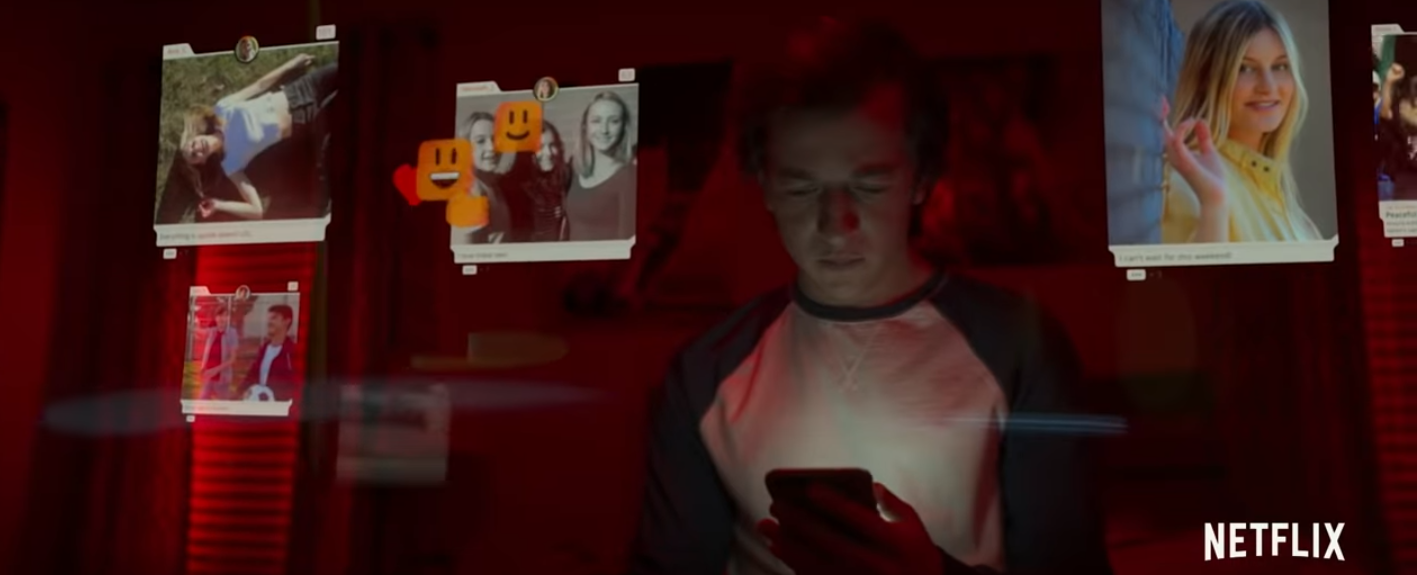
Those of us who will have clicked on this title will most likely be the type who also enjoy true crime, YouTube influencers and conspiracy theories. In other words, the premise of The Social Dilemma is like a hit of crack for those of us who are CONVINCED something sinister is going on behind the scenes – and it’s only a matter of time before it gets us.
For those not in the know, Shane Dawson is a YouTuber who has posted a number of videos about conspiracy theories over the years. One such upload involves him and his friends being convinced that calls from his cell aren’t as secure as major corporations would have you believe – and in fact, data could well be getting mined by people who are listening in.
It makes sense, then, in the eyes of a conspiracy theorist who gobbles up such content on YouTube, that social media networks are just as bad as the phone companies. Everyone is listening to us and manipulating us in our everyday lives.
Those of us who have a knowledge of marketing – myself included – know all about algorithmic recommendations. It’s simply capitalism at its finest. Late night TV is going to recommend all the stuff grown-ups want in commercials. Kids TV programs are going to have toys featuring in the commercial breaks. Supermarkets are going to have cheaply priced trinkets and shiny things in checkout queues for us to make impulse purchases at the last minute. It’s the capitalist machine – money makes the world go round.
But the minute someone liking dog photos on Facebook means they get targeted with adverts about dog-related products, this means some dark and sinister force is in place. There’s some evil setup that’s being hidden from us all, sucking us into our phones, and we can’t stop it.
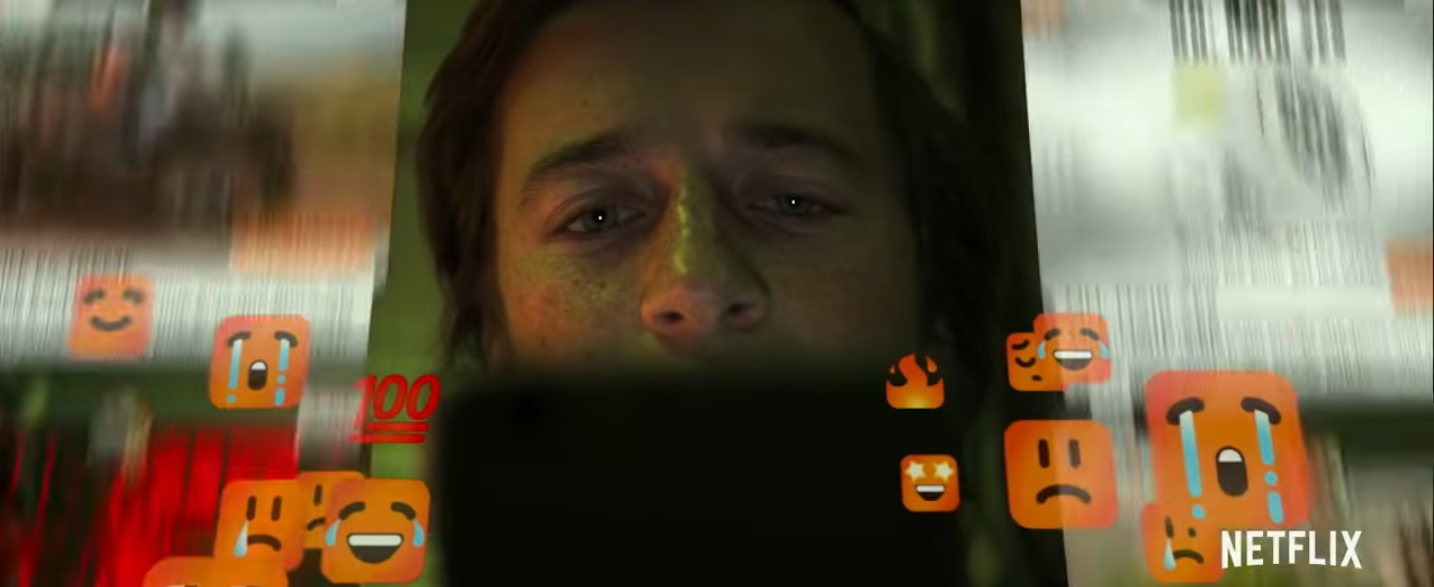
We watch The Social Dilemma and look nervously at our phones as it plays, as if the device is going to jump up and bite us on the butt. A push notification appears and we jump out of our seats to pull down the blinds. They’re watching! All of them! They must be! The phone buzzed right as the guy on the TV said we’re being watched! It’s all a setup!
I can imagine Netflix executives sitting around their big boardroom table, trying to think of the next big tech-focused hook for a documentary. After the success of The Great Hack, which saw the story of how Cambridge Analytica used data mining to manipulate voters during Brexit and Trump’s win in the 2016 election, what’s going to reel people in again?
Well, there’s no such scandal going on right now, so it makes sense to go with a general ‘one size fits all’ approach, right? Target all of the conspiracy theorists who have been twiddling their thumbs up until this point, desperate for something to blame or demonise once the novelty of obsessing over evil government Coronavirus setups and 5G radiation wore off.
In the documentary, a teenage boy is reeled into a number of conspiracy videos on his smartphone, and is convinced to go and look at a protest – where he is subsequently detained by police, who believe he is part of it.
Does nobody see the irony in watching these scenes unfold in a documentary which will inevitably have conspiracy theorists – or those who are gullible to them – convinced that we need to boycott our phones, delete Facebook and tell the world that social media is evil?

